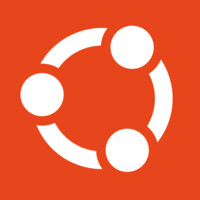FAQs
Do we support remote work?
Yes, this role is home-based, allowing for remote work.
What are the primary responsibilities of a Junior Cloud Field Engineer?
The primary responsibilities include designing cloud infrastructure solutions, working with Linux and cloud technologies, deploying and testing solutions, coaching colleagues, and developing open source code using Python.
What qualifications are required for this position?
A university degree in Computer Science or related software engineering expertise is required, along with knowledge of cloud computing concepts, practical experience with Linux and networking, and intermediate to advanced Python programming skills.
Is prior experience with specific technologies necessary?
While prior experience is helpful, a sound knowledge of cloud technologies such as Kubernetes, OpenStack, AWS, GCP, Azure, and Ceph is expected.
Will there be opportunities for travel?
Yes, there is global travel up to 25% of the time for internal and external events.
What learning and development opportunities does Canonical provide?
Canonical offers a personal learning and development budget of USD 2,000 per year and opportunities to work directly with customers across various businesses, providing exposure to emerging technologies.
Are there additional benefits provided to employees?
Yes, Canonical offers several benefits including annual compensation reviews, maternity and paternity leave, wellness platforms, team assistance programs, recognition rewards, and opportunities for travel to meet colleagues.
Is a second language beneficial for this role?
Yes, speaking a second language is considered optional but can be beneficial.
What is the company culture like at Canonical?
Canonical fosters a collaborative and diverse work environment, emphasizing excellence and a commitment to continuous learning.
How does Canonical approach compensation?
Canonical considers geographical location, experience, and performance in shaping compensation, and conducts annual reviews to recognize outstanding performance.
What technologies will I be working with in this role?
You will work with a wide range of technologies including OpenStack, Kubernetes, Linux Ubuntu, Ceph, Hadoop, and Spark, among others.

